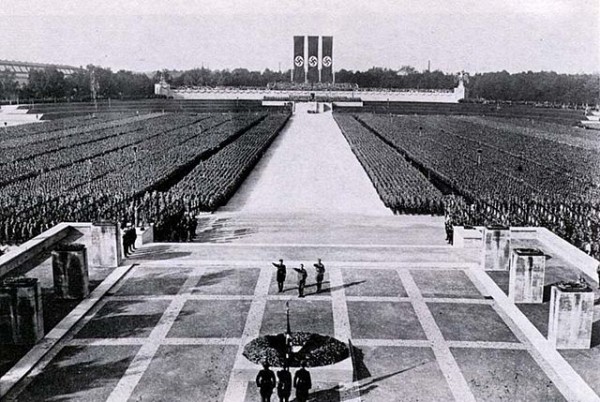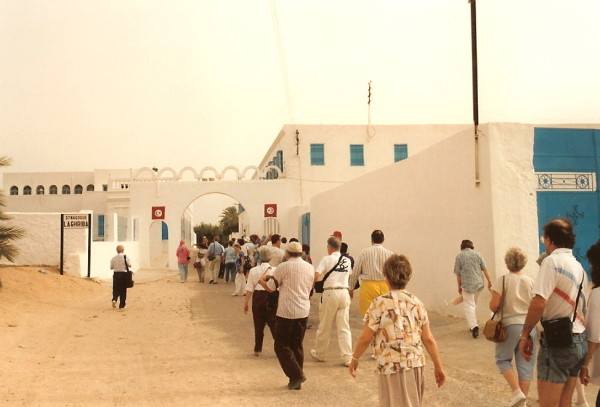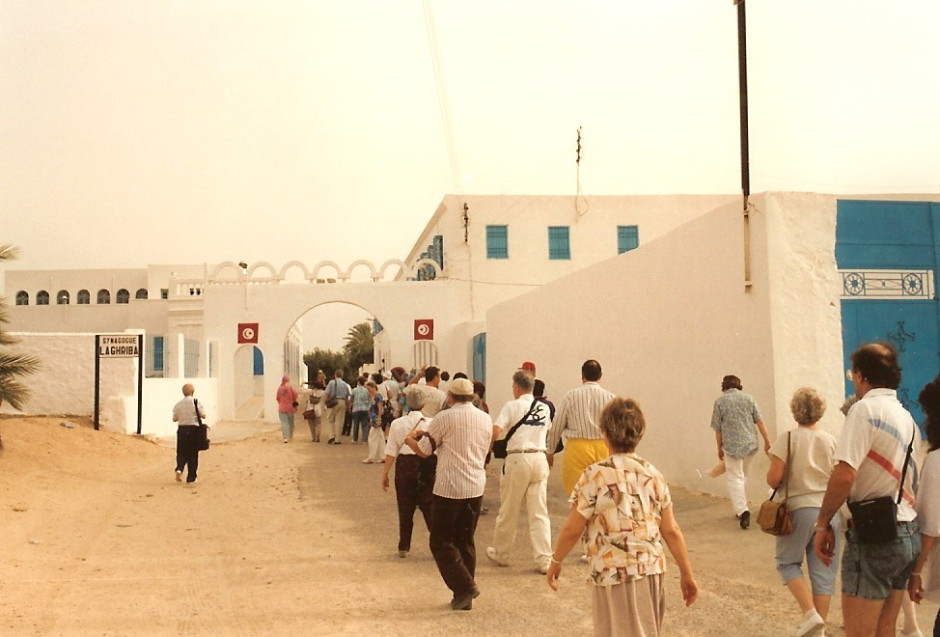It was another stomach-turning day on the terrorist front. Within a matter of hours on June 26, terrorists wreaked death and destruction in three far-flung countries — France, Tunisia and Kuwait.
The attacks remind us yet again that Islamic radicalism has morphed into the scourge of our times.
Like the toxic fascist movements of the 20th century in Germany, Italy, Hungary and Romania, the dark forces of Muslim extremism are running rampant.

The latest assaults were launched shortly after Islamic State — a Sunni jihadist organization dedicated to the establishment of a caliphate in the Middle East — called for such strikes during Ramadan. In an audio message released last week, an Islamic State spokesman declared, “Muslims, embark and hasten toward jihad. O mujahadeen everywhere, rush and go make Ramadan a month of disasters for the infidels.”
Which is precisely what its followers and sympathizers did in three separate continents in an appalling spasm of mayhem and violence.
In France, Yassine Salhi — a 35-year-old French Muslim ideologically associated with Islamic State and Al Qaeda — detonated an explosion in a chemical factory near Lyon and decapitated his boss, placing the man’s severed head on a fence for shock value.
Three years ago, in an antisemitic rampage, Salhi reportedly assaulted and verbally abused a Jewish teenager on a train bound from Toulouse to Lyon.
Salhi’s onslaught doubtless struck a chord, as he must have hoped. France is still reeling from last January’s attacks in Paris on the satirical newspaper Charlie Hebdo and on a kosher supermarket. These incidents claimed the lives of 17 people.
The French government has since adopted anti-terrorist measures, but they do not offer France immunity. As Prime Minister Manuel Valls observed, France faces yet more attacks.
He should know.
France, with the largest Muslim population in Europe, faces an immense problem in the guise of home-grown radicalism. Young French Muslim men, swayed by Salafist-tinged Islam and disaffected by racial discrimination and higher than usual rates of unemployment, turn to Islamic fundamentalism for succour and vengeance. Some have travelled to Syria and Iraq to join Islamic State and the Al Nusra Front. Still others have vented their anger and frustrations on Jews, who have been making aliyah in much greater numbers of late.

In Tunisia, the authorities shot to death the suspect who killed 39 foreign tourists, mainly Germans and Britons, in the seaside resort of Sousse. Presumably in accordance with Islamic State instructions, Seifiddine Rezgui — a 23-year-old engineering student who had been influenced by Salafist movements in his country — slaughtered sunbathers on a beach and in the lobby of the nearby Imperial Marhaba Hotel.
Once an oasis of stability, Tunisia has been thrown into a state of turmoil since the ouster of its president, Zine al-Abidine Ben-Ali, in December 2010, during the first phase of the popular uprisings that have destabilized neighboring Libya and Egypt and set off a civil war in Syria.
It was only three months ago that terrorists opened fire on tourists at the Bardo National Museum in Tunis, killing 21 foreign nationals. The last major terrorist incident in Tunisia before that unfolded on April 11, 2002, when a suicide bomber drove a truck fitted with explosives into the compound of the venerable El Ghriba Synagogue, situated on the island of Djerba. Nineteen foreigners, including 14 Germans, were killed. Al Qaeda claimed credit.

These attacks, particularly the newest ones, are destroying tourism, one of the pillars of the Tunisian economy. Thousands of Tunisians will lose their jobs if this sector contracts significantly. The terrorists are counting on this outcome, hoping that mass unemployment drives more Tunisians into their arms.
Cognizant that Tunisia may be heading toward a catastrophic tipping point, Tunisian Prime Minister Habib Essid promised to clamp down on radical imams and said, “The fight against terrorism is a national responsibility.”
It surely is.
Salafists must be challenged vigorously, else they may eventually prevail.
Islamist terrorists are so single-minded that they have no compunctions about murdering even Arab Muslims. The suicide bombing of a Shiite mosque in Kuwait City, which claimed the lives of 27 people, is proof of that.
An Islamic State affiliate, Najd Province, claimed that the bombing of the Imam Sadiq was the work of one of its acolytes. In May, Najd Province attacked Shiite mosques in Saudi Arabia, killing 26 worshippers.
No surprise here.
Since launching its campaign of territorial conquest in Iraq and Syria in 2013, Islamic State has been targeting Shiites — whom it considers apostates — in Sunni Arab states.
In short, Islamic radicals joined at the hip with Islamic State and Al Qaeda have declared war on Christians, Jews and Shiite Muslims. It’s a struggle that may last decades, if not longer.
